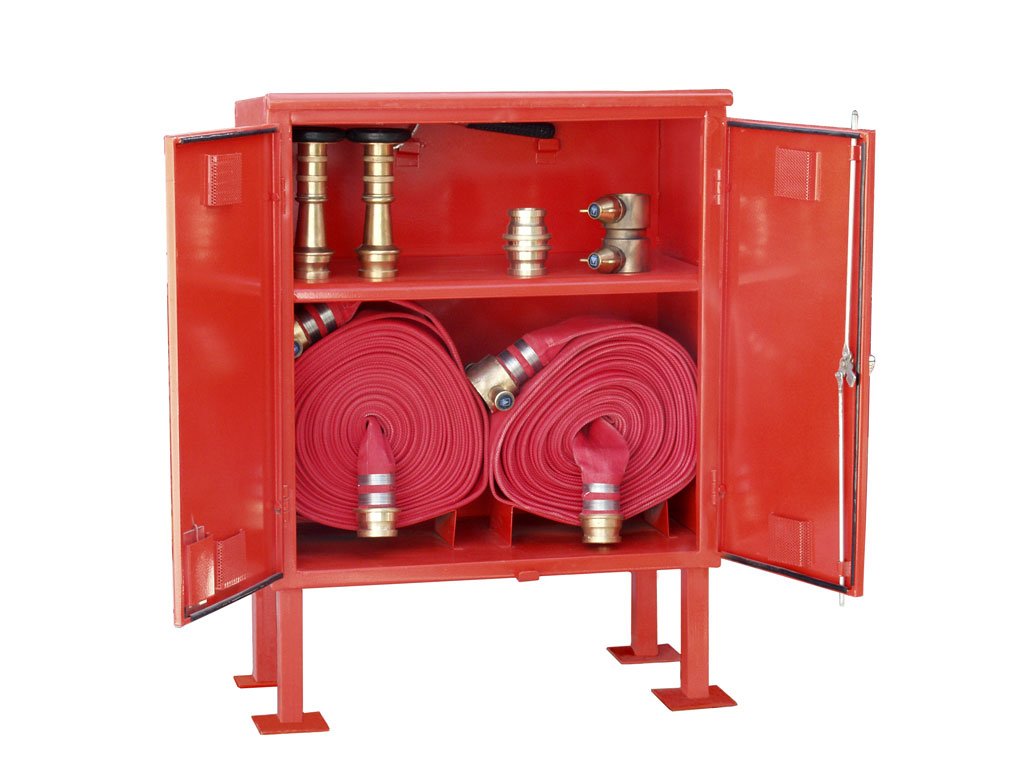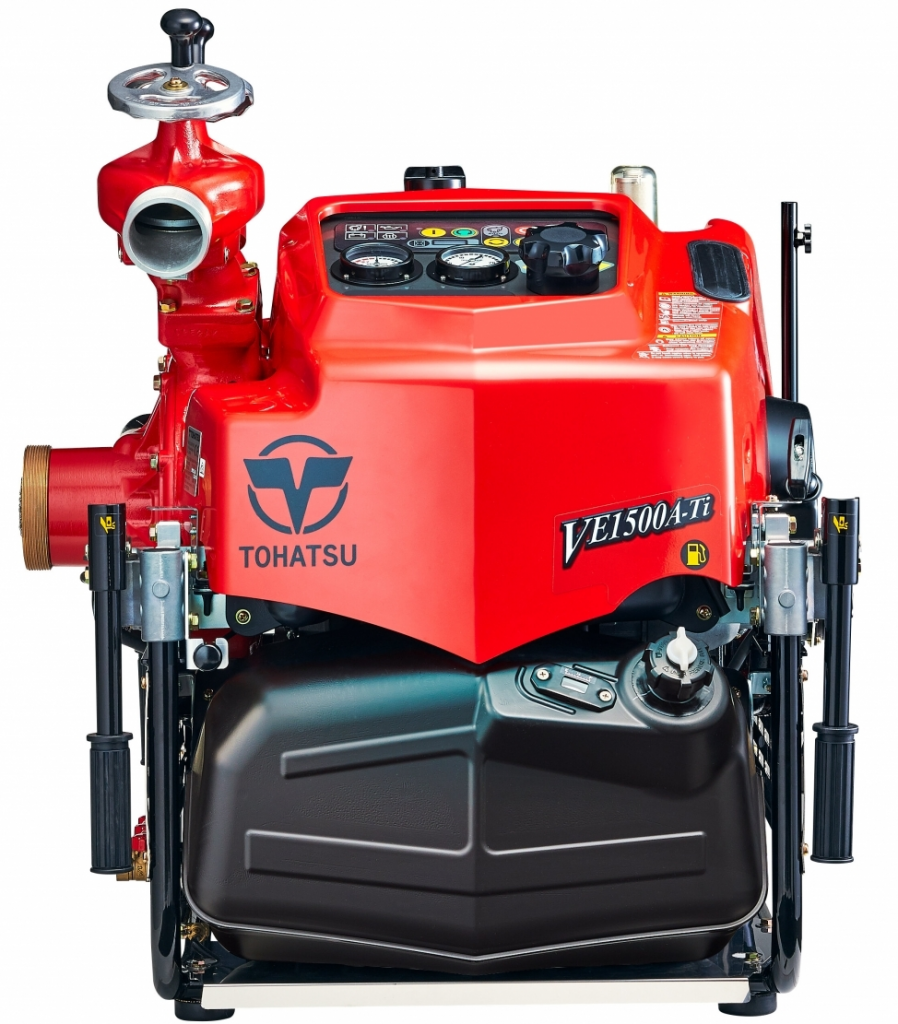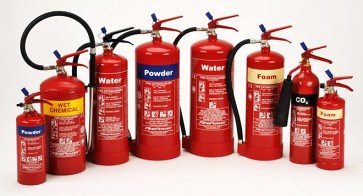
Importance of Fire Safety in the Maldives Tourism Industry
The Republic of Maldives (Maldives Islands) is geographically scattered in different atolls which means the resort hotels are located across 495 kilometers of 1200 islands. This has triggered the necessity for all islands, resort and local, to be self-sufficient in their administration and operation. Only the main inhabited islands had key services such as the National Fire and rescue stations established, and it could take several hours for fire and rescue teams to reach other islands in the case of fire emergencies.

A regulation was passed from the Maldivian government under “The law of ministry of defense and National security”, (Act 1/2008 subject clause 7). This made the prevention of fire incidents and the service of protecting and securing the lives and properties of the people, an obligation upon the Ministry of Defense and National Security. The Regulation, titled “The Regulation of implementation of protection against fire incidents in the tourist resorts” had the main objective of reducing the incidents of fire and saving lives of the people, plus, protecting valuable investments of the resorts, promote awareness and get the resorts to establish their own fire squad in the event of a fire. Even though the regulation was passed, many of the resorts did not comply with the requirements, consequently, in 2015 another ultimatum was given for Resorts to comply fully within 2 years for operational resorts and new developments would not be issued with operating licenses unless all regulations were complied with. One mandatory requirement was for fire alarm and detection systems, either conventional or addressable. To date, almost 95% of resorts have complied with this requirement but still, very few resorts have still not fulfilled this requirement.
It was also mandatory to keep fire extinguishers in certain locations of the guest rooms and service outlets and in the back of house areas and 80% of the staff should have the knowledge to use fire extinguishers and to react in case of fire emergencies. Fire extinguishers should be kept in order to control an outbreak of fire incidents. It should be maintained under BS5306 or another international standard. Wet chemical fire extinguishers should be installed in kitchens and optional kitchen hood fire suppression system is installed in most of the resorts. Moreover, fire blankets should be installed in all kitchens is mandatory.

Secondly, the resort should have either a pressurized hydrant system or portables pumps and accessories to fight the fire and the resort fire squad should be trained on firefighting to make full use of these firefighting equipment. Minimum 2 portable pump (1800 liters per min or above) is required with additional hoses to cater for 90% of the resort including branch pipes. All pump sets for the hydrant system should be automatically able to start and if the electric fails it should automatically start the diesel pump. The tank assigned for the hydrant system should be able to support the pump system and there should be enough water to withstand the fire fighting for a minimum one hour. An additional supply of water to the tanks should be organized in case of fire to confirm the supply of water to the pump system. If using portable pumps 2.5-inch fire hose should be available with instantaneous couplings. These pumps should be maintained daily/ weekly/monthly to keep the fire fighting equipment in ready condition.
The fire squad should be provided with the firefighting gear and BA sets and should be well trained to use this equipment. Each resort should have minimum 4 sets of fire suits/ and breathing apparatus with spare cylinders. Every individual of the fire squad should possess a certificate from an institution approved by ministry of defense. At least 7 staff from the fire squad should always be available on the resort at all times.

With the inception of the regulation for gas and petroleum storage, it was also mandatory for the resorts to protect their fuel tanks in the islands with a foam pouring and drenching system. The fuel storage tanks design and installation were to be approved by the ministry of defense/ MNDF fire and rescue services. For maintenance of all fire systems and equipment in the resorts, most of the resorts have a retainer contract with one of the licensed companies in the Maldives.
Resorts use a lot of wood and thatch, making them a highly combustible structure. Every resort/hotel should have a fire emergency plan with standard operating procedures in case of an outbreak of a fire at the facility. These plans should be clearly communicated to staff and guests and include how to identify when such an incident occurs and how to inform all staff and guests. Dedicated, trained teams should be formed so they can be activated in case of an emergency, this includes crisis management teams, firefighting squads, first aid teams, evacuation teams.
Fire emergency plan should be practiced at least twice a year to make sure all teams can function efficiently according to the plan, identify any loopholes, and integrate any new team members into the plan.
All resorts and hotels are now required to submit disaster management plans that include managing all types of disasters to the MNDF. It is compulsory that these crisis management plans are practiced once a year and the information sent to the ministry.
The Resort Fires of the last few years have emphasized the importance for having an emergency plan and professionally trained team in place. Stallion Maldives provides complete fire solutions and training; their specialist personnel can also assist in formulating disaster management plans that fit the requirements of the Resort / Hotel and comply with all MNDF requirements.






